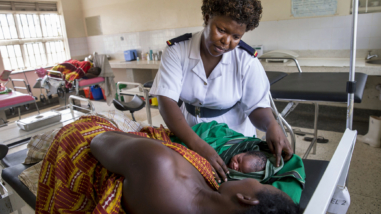United Nations Development Programme
For The United Nations Global Pulse Lab Kampala Program
-
Amount$500,000
-
Program
-
Date Awarded8/2/2017
-
Term24.0 Months
-
Type of SupportGeneral Support/Program
About the Grantee
Grantee Website
www.undp.org


